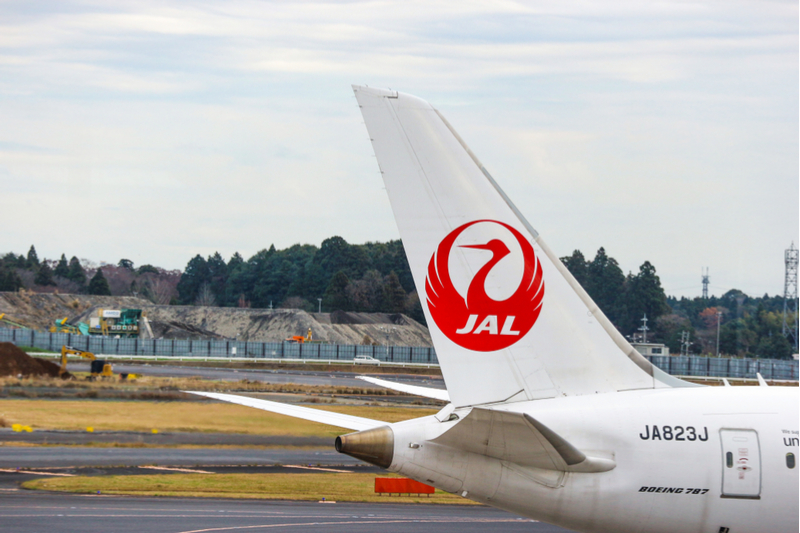
JAL Group resulted in considerable reductions of both operating revenue and incomes for the first quarter of FY2020 ended June 30 2020, damaged by unprecedented cancellations and reductions of flights amid the COVID-19 crisis though it made efforts to reduce fixed expenses.
Reducing operating revenue by 78.1% year on year to 76.3 billion JPY, JAL Group posted EBIT loss of 131 billion JPY, dropping from EBIT income of 19.9 billion JPY a year ago, and net loss of 93.7 billion JPY, dropping from net income of 12.9 billion JPY a year ago.
The international passenger service lost almost the whole demand as Japan and the rest of the world continued immigration restrictions. Passenger revenue was down 97.9% to 2.7 billion JPY with a 98.6% decrease in passengers.
As the domestic passenger service was affected by voluntary movement restriction between prefectures, passenger revenue was down 85.1% to 18.9 billion JPY with a 86.7% decrease in passengers.
Under the circumstance, JAL has reviewed its investment plan from reduction of 50 billion JPY a year to reduction of 80 billion JPY a year by cutting 30 billion JPY for investment to new aircraft.
For liquidity, JAL Group has raised a fund of about 300 billion JPY since February 2020 and ensured 200 billion JPY as commitment lines, adding 150 billion JPY. As of the end of June, cash and deposits of 394.3 billion JPY was secured.
Seeing an uncertain demand trend in the rest of this fiscal year ending March 31 2021, JAL Group has drawn up a scenario to reduce combined domestic and international passenger revenue by 55% to 65% and to lose around 50% of EBIT income on a consolidated basis even though it tried to cut as much fixed expenses as possible.




